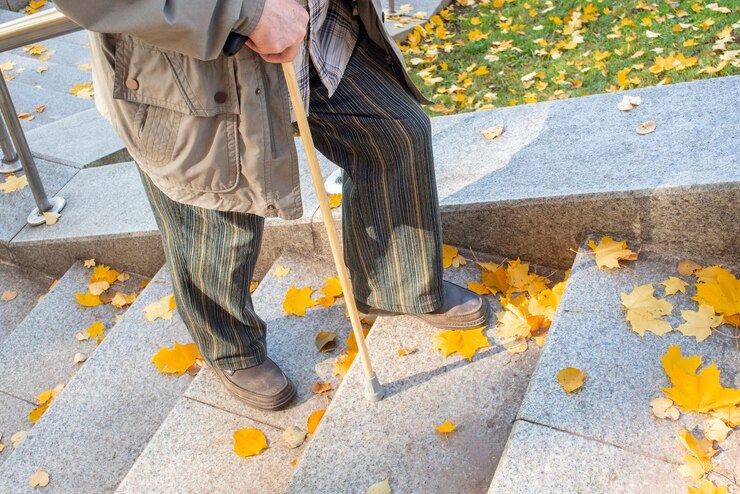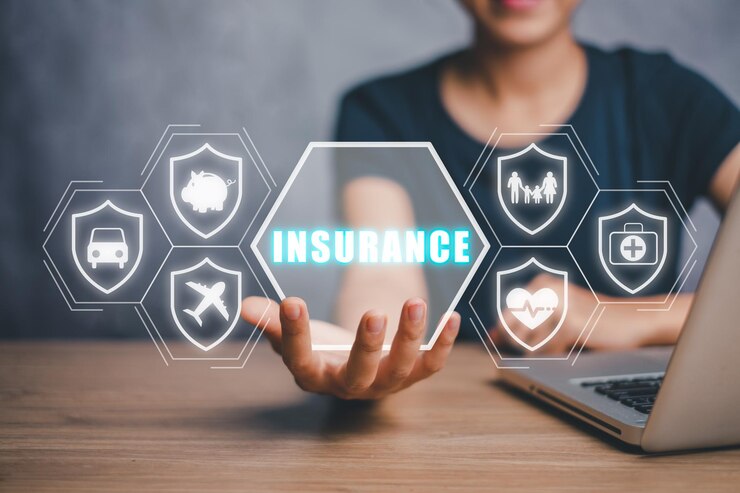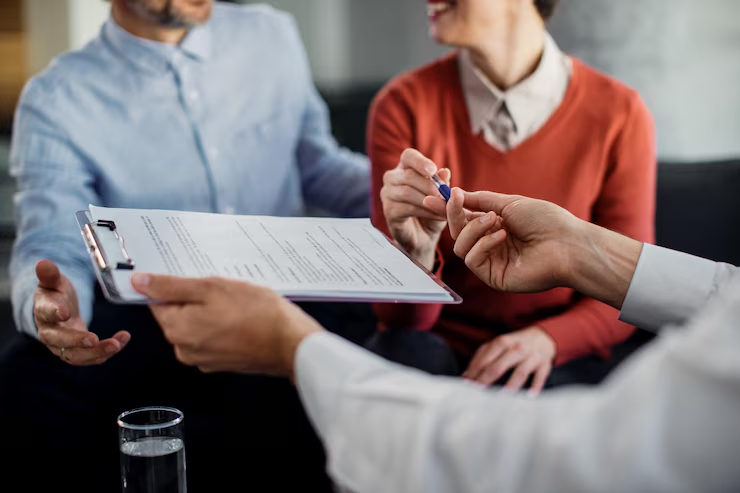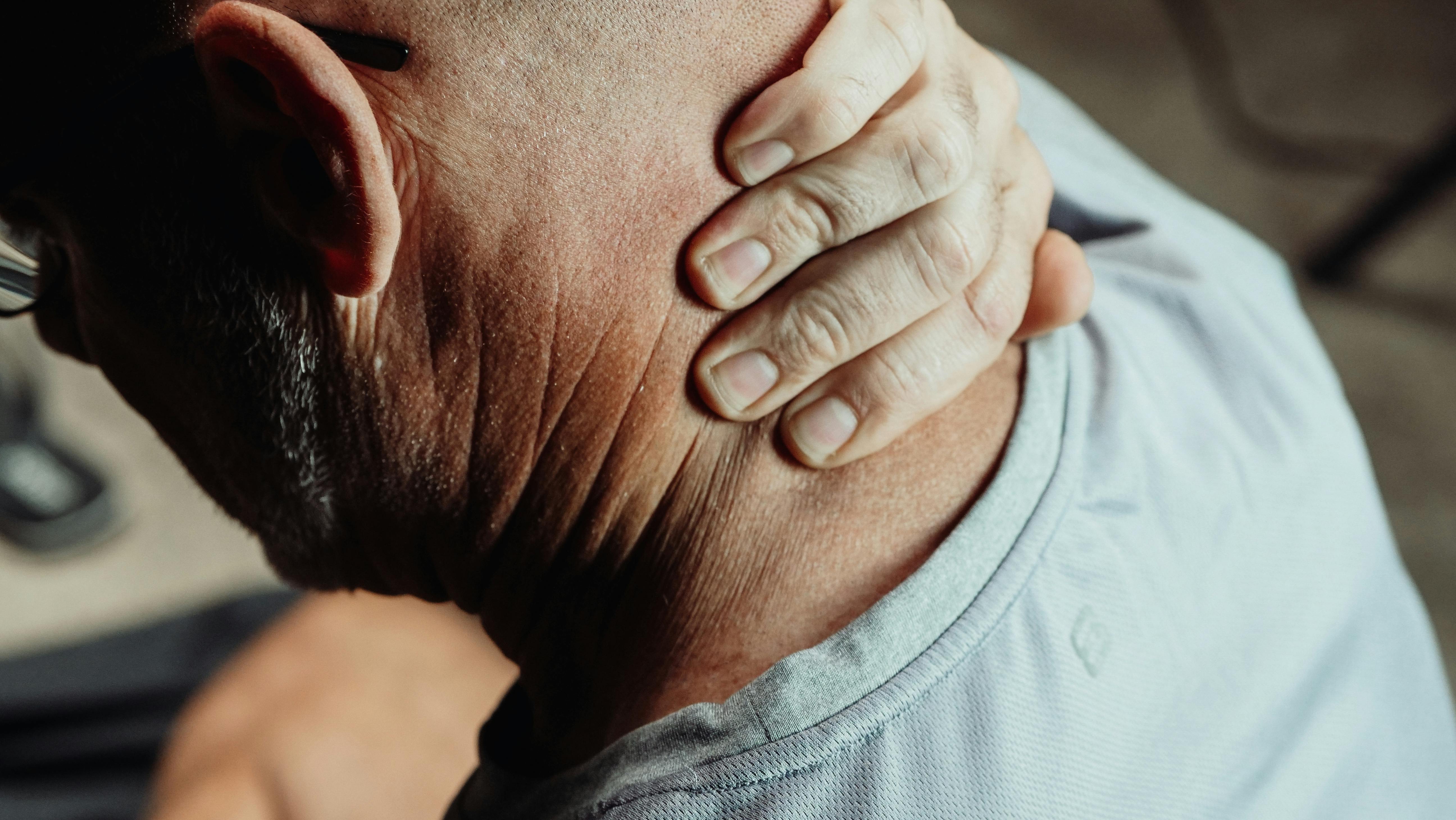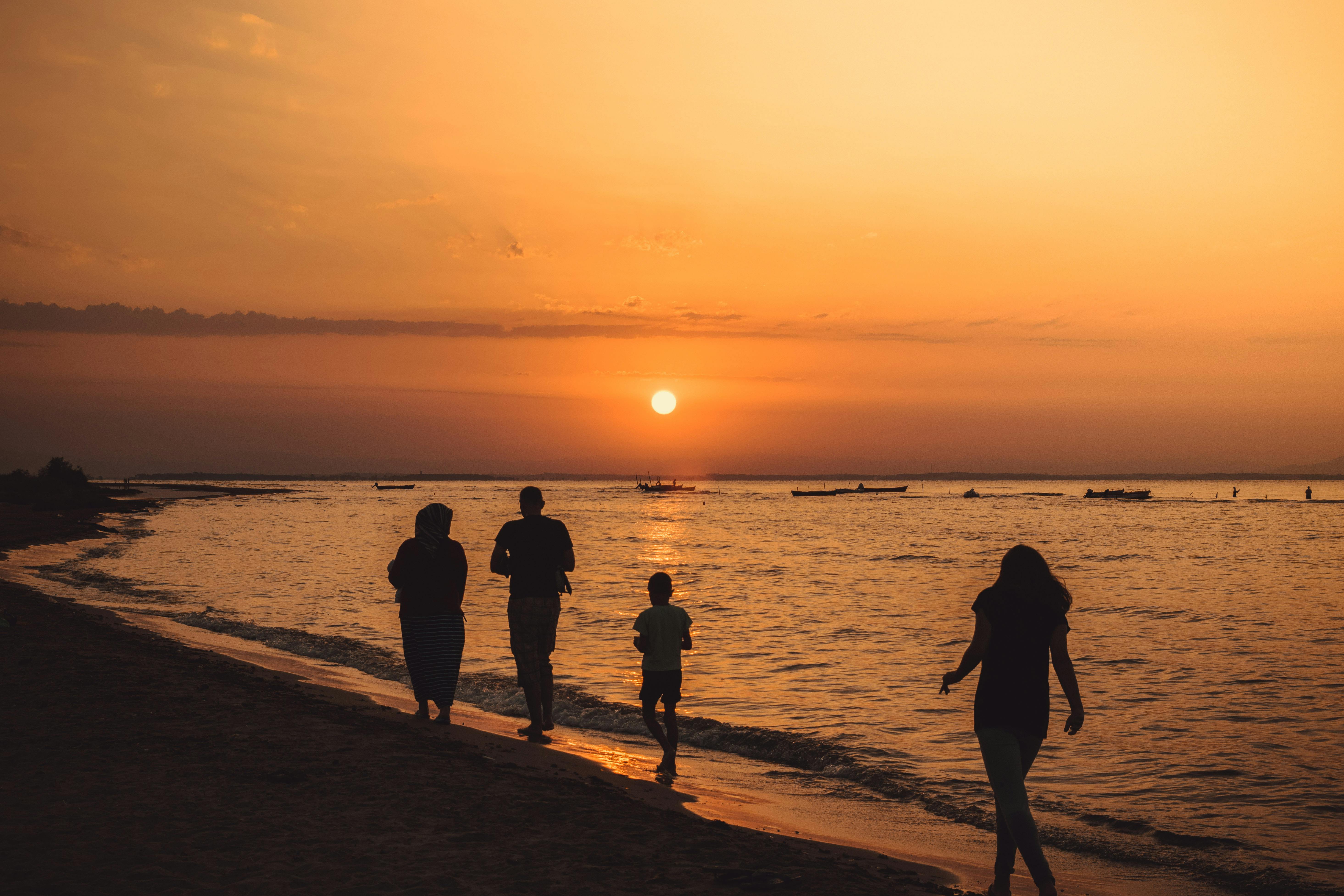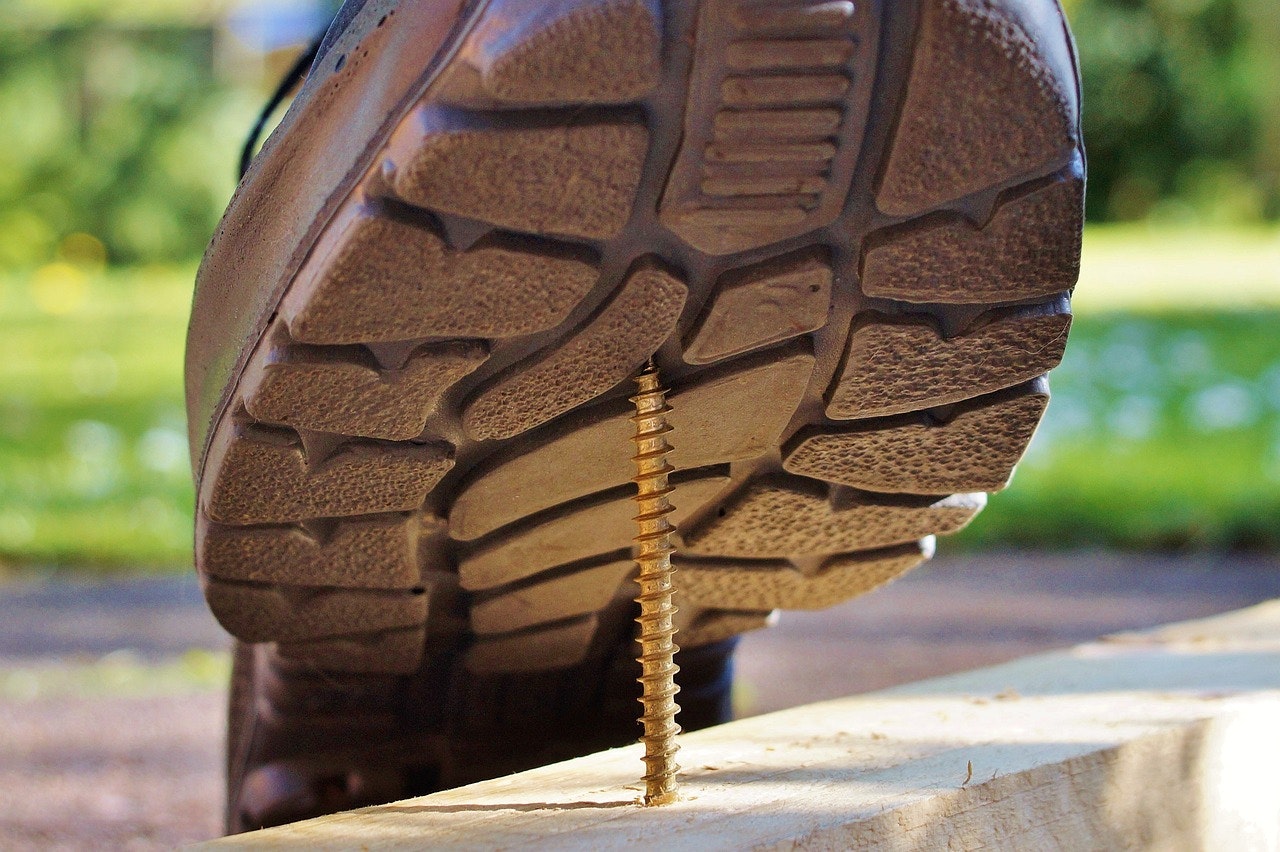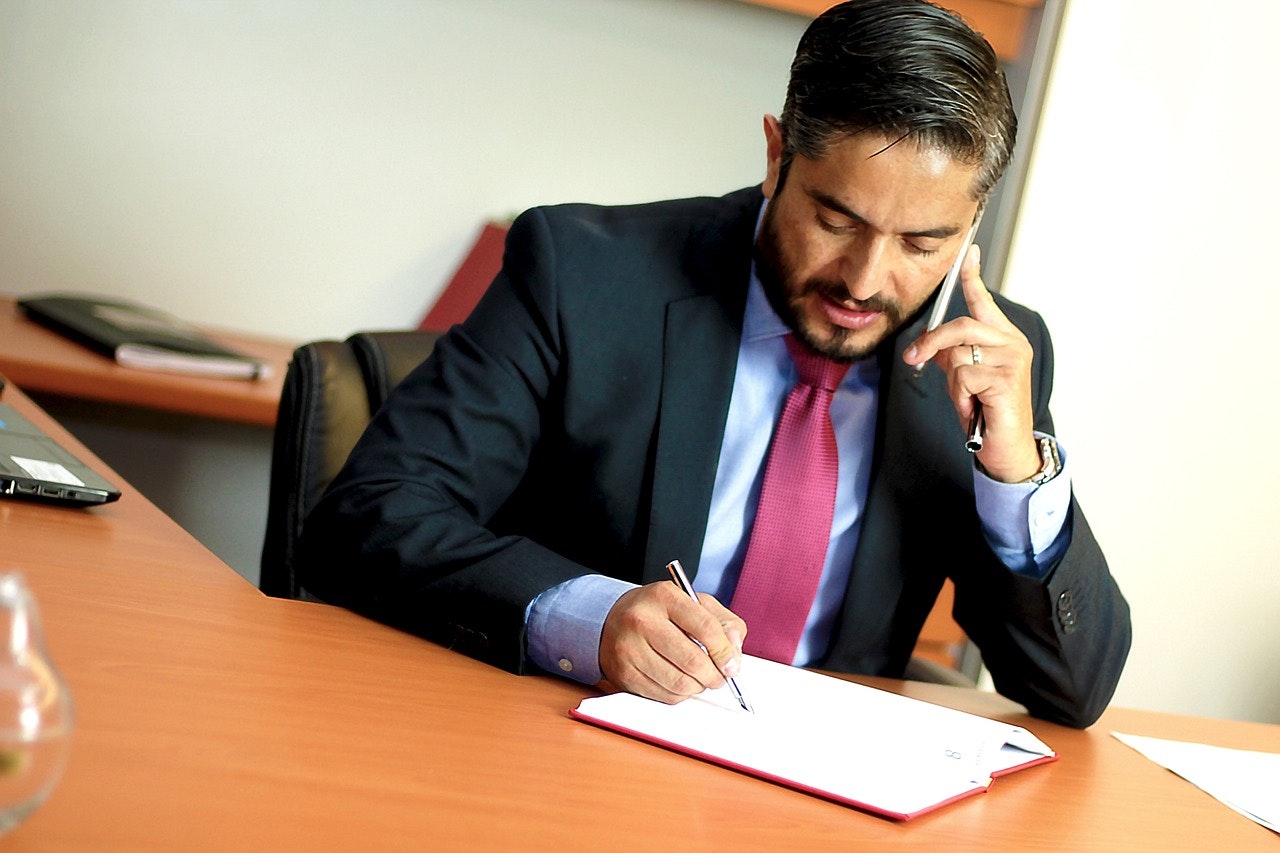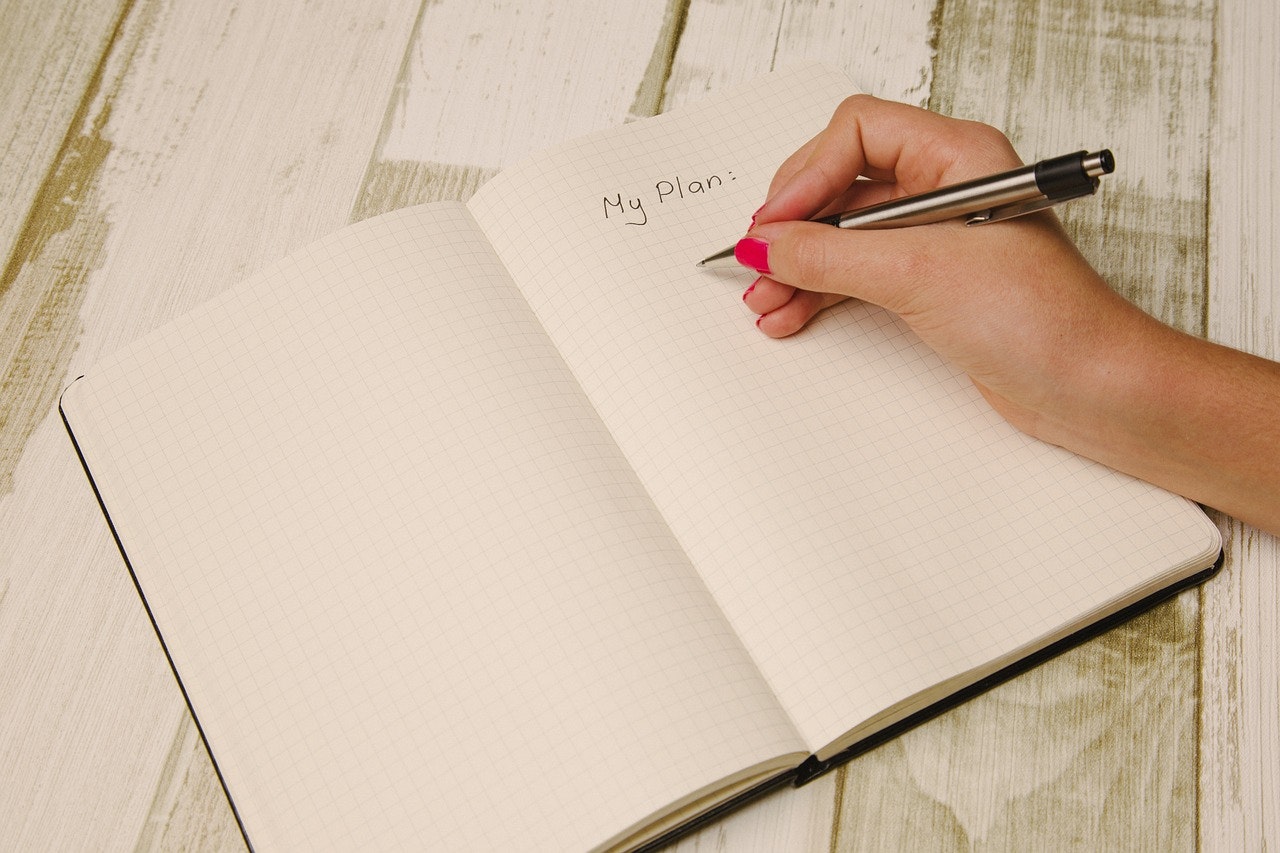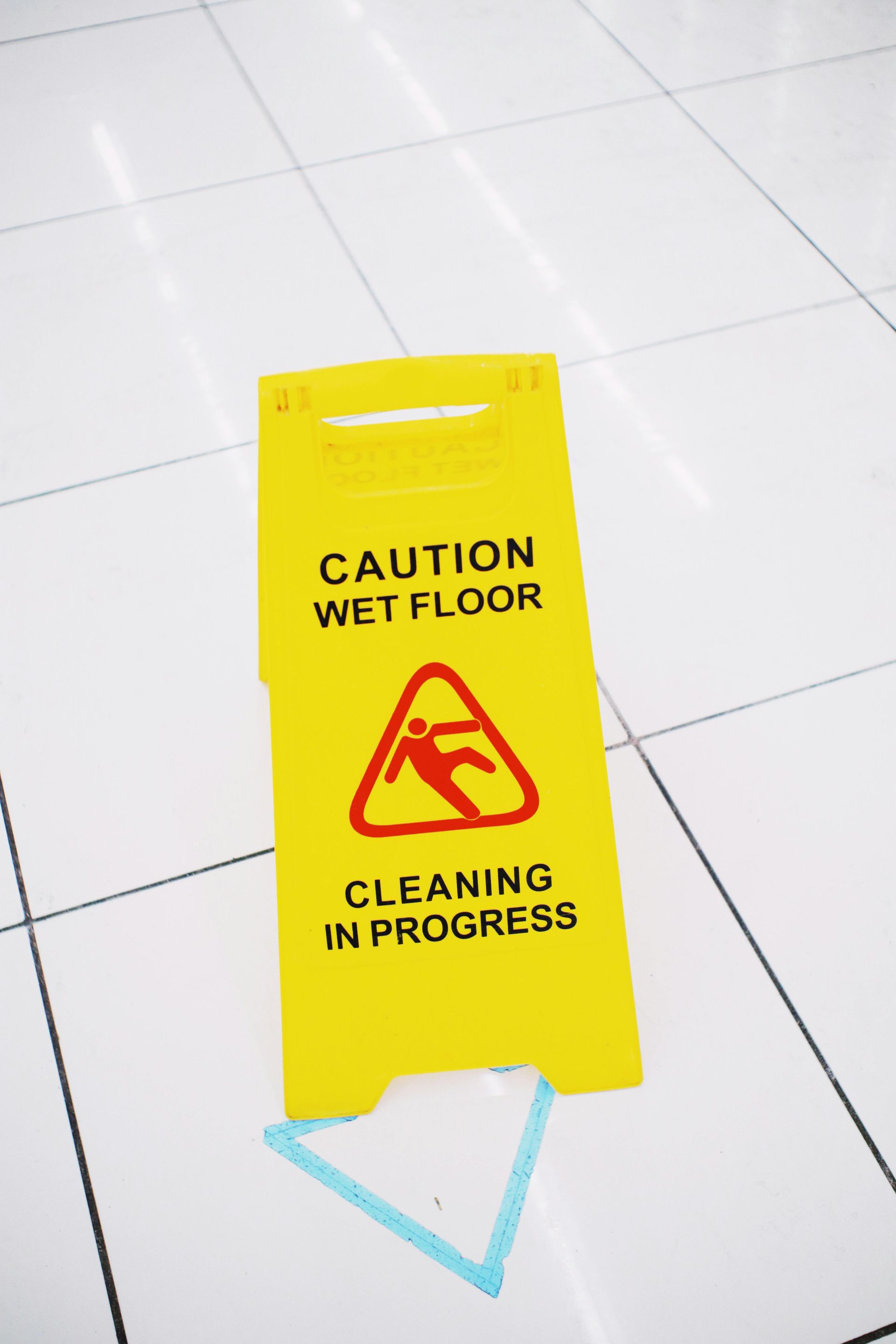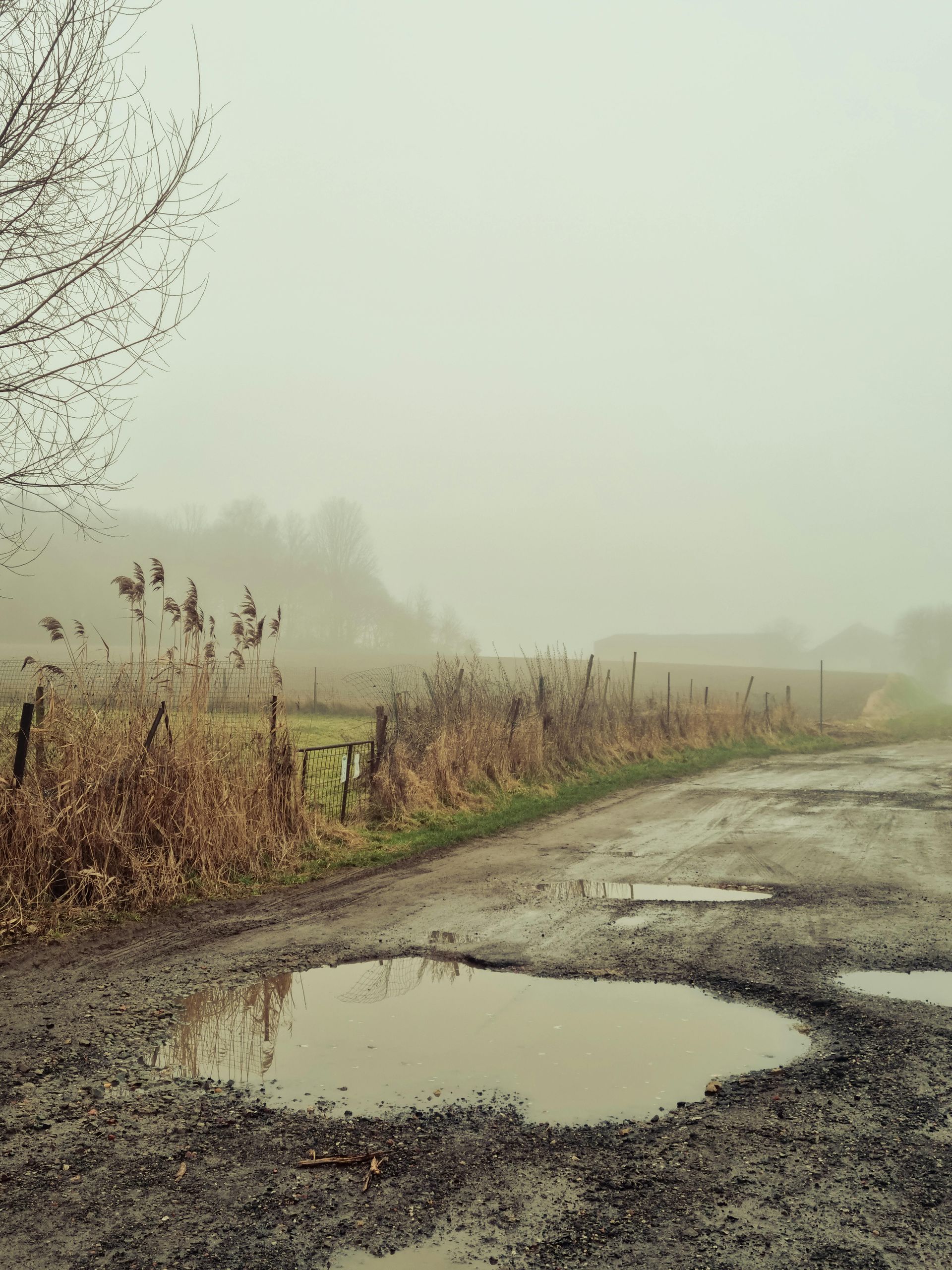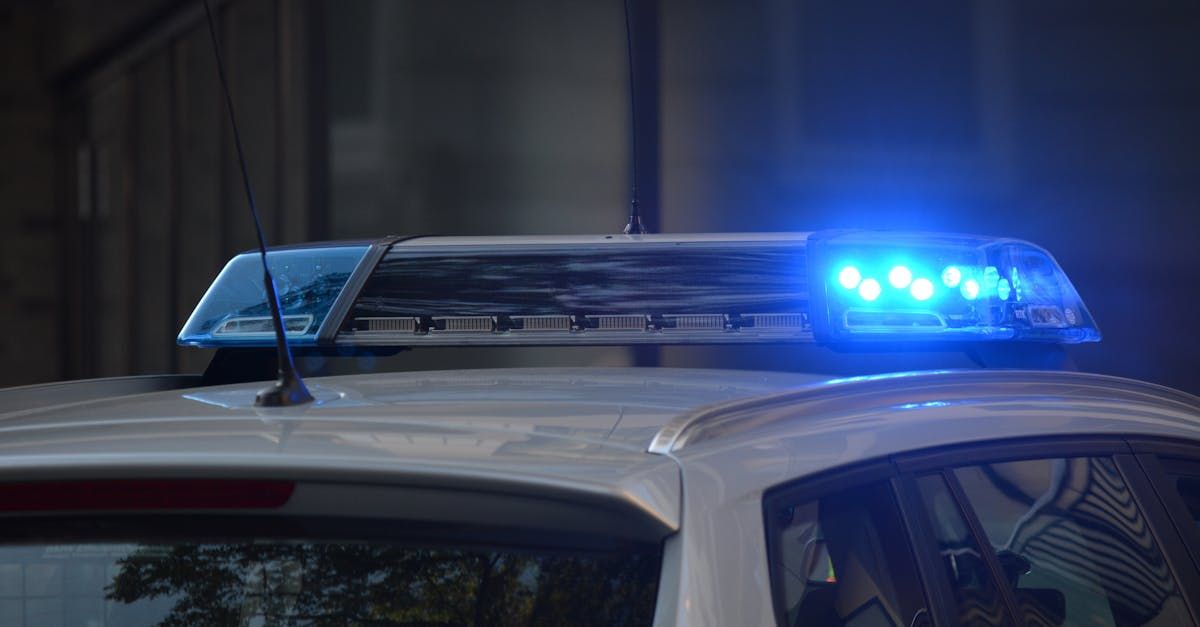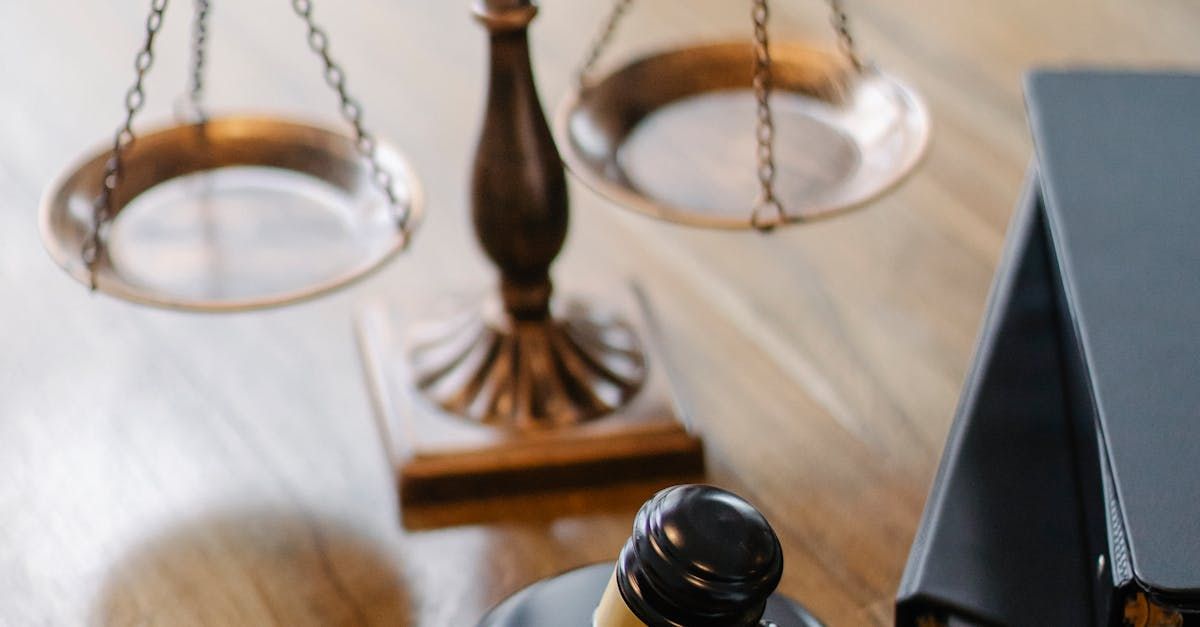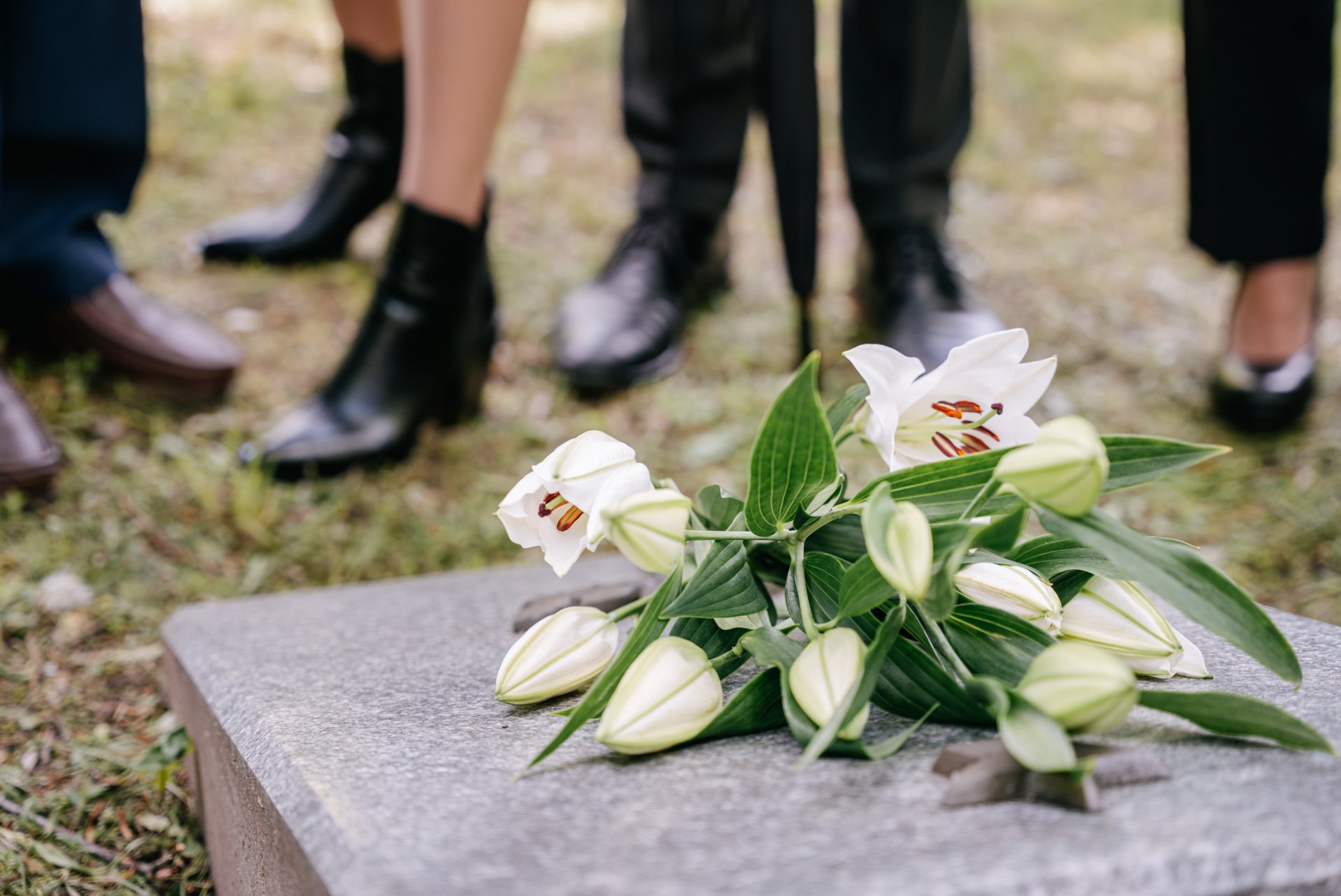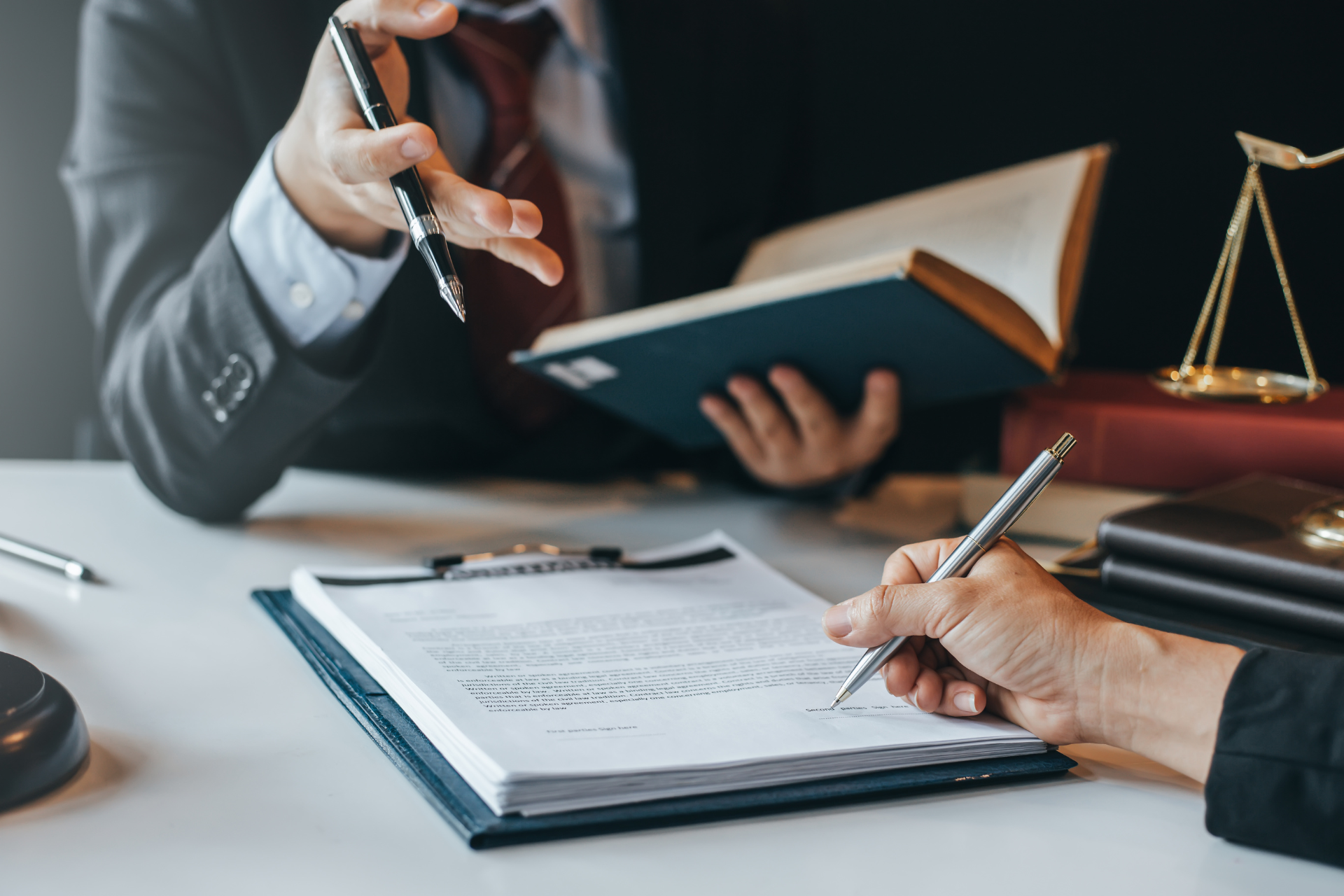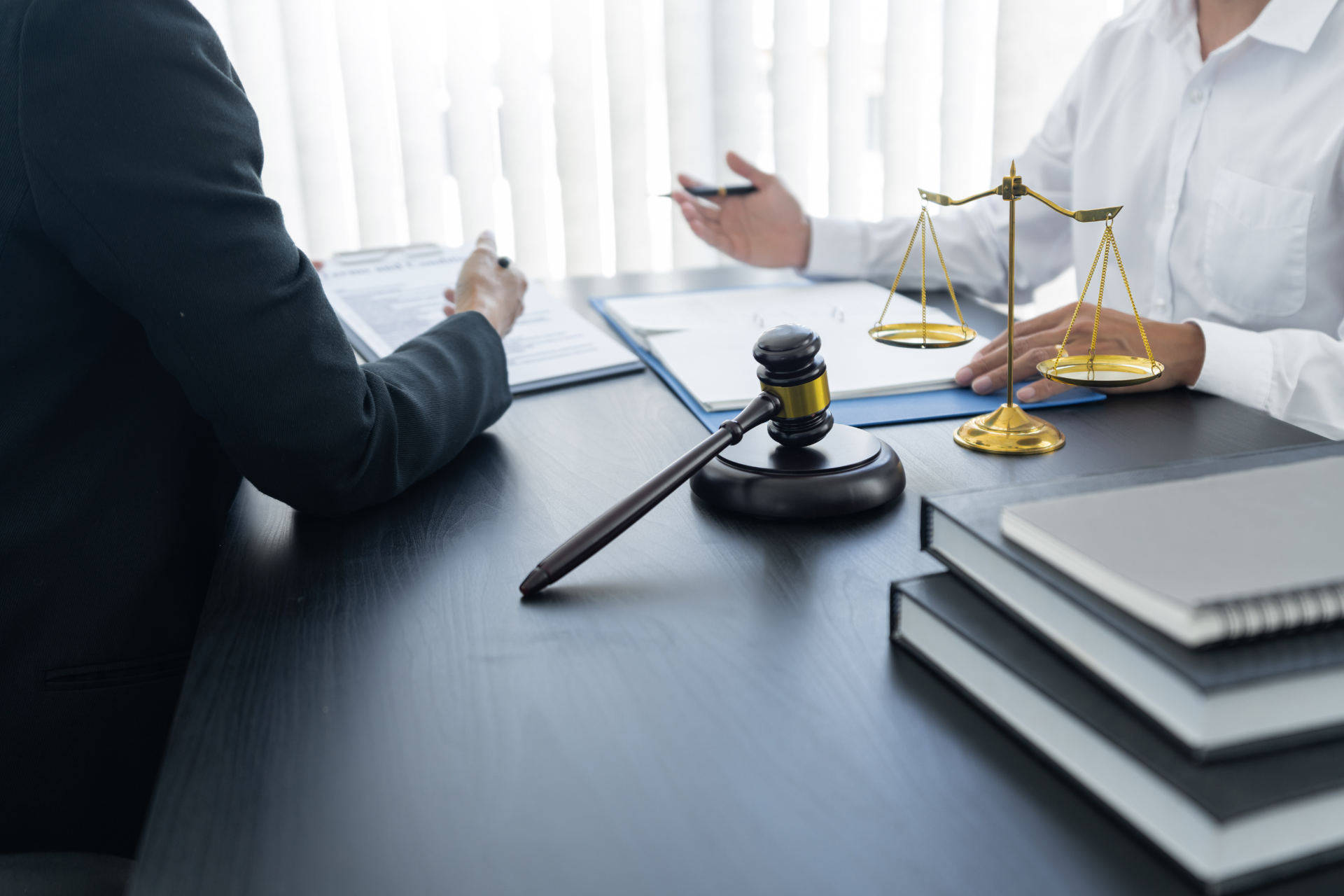Find the resources you need.
Have some questions or need help?
General FAQ
What is a personal injury lawyer?
A personal injury lawyer is an attorney who specializes in representing individuals who have suffered harm due to the negligent or intentional actions of others. These legal professionals handle various case types, including automobile accidents, slip and fall incidents, medical malpractice, workplace injuries, and defective product claims. Their main objective is to assist clients in obtaining just compensation for their injuries, which may include medical expenses, lost wages, pain and suffering, and other related damages.
How much is my case worth?
Several factors affect the value of a personal injury case. The extent of injuries, the length of recovery from those injuries, the related treatment costs, lost wages and other economic factors, and the extent of available coverage and assets. While we can’t make any guarantees, our personal injury attorney can review the details of the case to give you an estimate of your case.
How do you ensure affordability in your legal fees?
We strive to keep our legal fees affordable by providing clear, upfront cost estimates and working efficiently to resolve your cases. Our goal is to deliver high-quality legal services without financial strain on our clients.
Why is the other driver's insurance dragging their feet?
While you should be able to expect professionalism from an insurance company, sometimes you will encounter delays. When this happens, it could be considered an act of “bad faith.” This can be a sign of them delaying in order to get you to accept a lower settlement, are withholding important information, or are intentionally undervaluing your claim. While not always the case, it’s worth looking into.
Doesn't the other driver's insurance have to pay for my medical bills?
After a car accident, the your medical bills are covered by your own auto insurance’s Personal Injury Protection (PIP) coverage. Utah law requires a minimum of $3,000 in PIP coverage (but you can have more if you choose). Each person in a vehicle is covered by PIP, and each person has their own $3,000 (minimum) available to cover medical bills associated with their injuries. PIP is also referred to as No-Fault coverage because it doesn’t matter who is at fault in the accident for PIP to kick in an cover your medical bills. If your medical bills exceed $3,000, you can then file a claim against the at-fault driver’s auto insurance.
How much does it cost to hire a personal injury attorney?
Different from other kinds of lawsuits, personal injury attorneys are generally paid through a contingency fee agreement. Attorneys usually receive 33% of the final settlement or verdict (40% if the case goes to trial, and 45% if there is an appeal). Keep in mind that most attorney’s will want to be reimbursed for costs on top of their attorney fee. Such costs include expert witness fees, deposition fees, exhibit preparation costs, etc.
Helpful Links
American Bar Association News
Bloomberg Law News
Google Scholar




